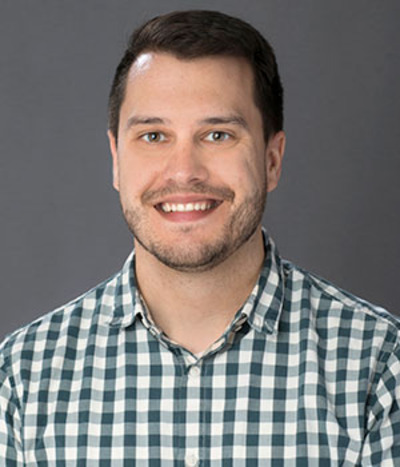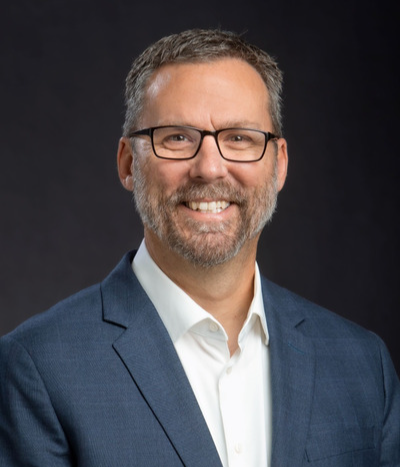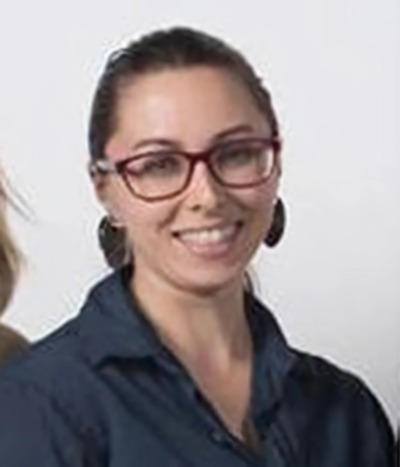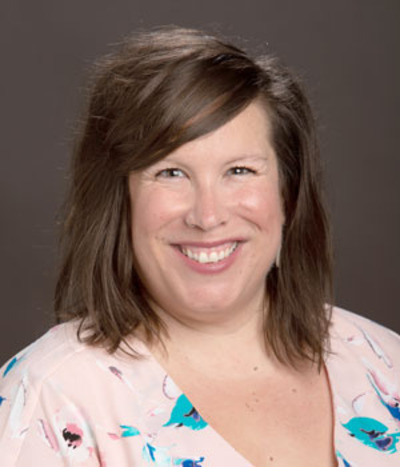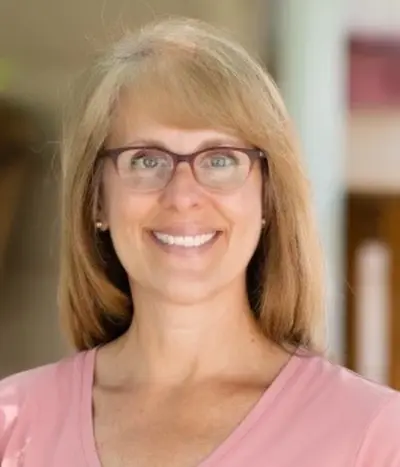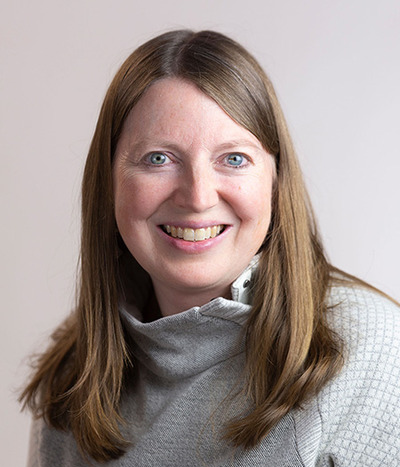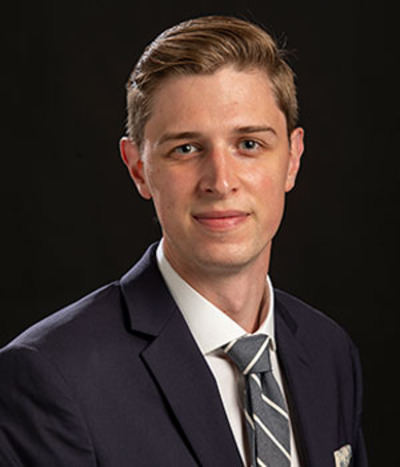Uniting learning with careers.
The Experiential Learning Teaching Fellowship is a collaborative partnership between the Center for Student Experience and Talent (SET) and the Center for Excellence in Teaching and Learning (CETL). The goal of the program is to impact the career readiness of undergraduate students by having selected faculty and instructional staff infuse career concepts into their existing academic curriculum.
Faculty Information
Eligibility
Part-time and full-time UWM faculty and instructional staff who have taught a minimum of two semesters at UWM.
Compensation / Award
- The Experiential Learning Teaching Fellowship will be awarded to four faculty/staff.
- Two options for award compensation based on the recipient’s preference: $3,000 supplies and expense or $2,300 stipend.
- Contributions made as an Experiential Learning Teaching Fellow can be applied to individual research interests and academic program/department initiatives.
Deliverables / Expectations
- Commitment to the program from June 1 to June 30 of the following year, a 13 month commitment
- Adapt curriculum in summer for one class to be taught in the fall semester integrating career concepts that promote career awareness and/or readiness. Also, determine an appropriate form of assessment to measure the impact of the infused concepts.
- Meet regularly with the Experiential Learning Teaching Fellowship cohort and staff from the Center of Student Experience and Talent and Center for Excellence in Teaching and Learning.
- Collaborate with Experiential Learning Teaching Fellowship cohort to develop tools that support the infusion of career development and readiness concepts into the academic experience.
- Participate in a panel discussion/workshop in the spring 2024 semester to share fall curriculum, assessment data, and lessons learned with interested colleagues from across campus. Presenting at a UWM Teaching and Learning Symposium would be appreciated.
Application Process
Applications will open in early spring.
Fellowship awards will be announced May 1st.
For more information, contact Ben Trager.

